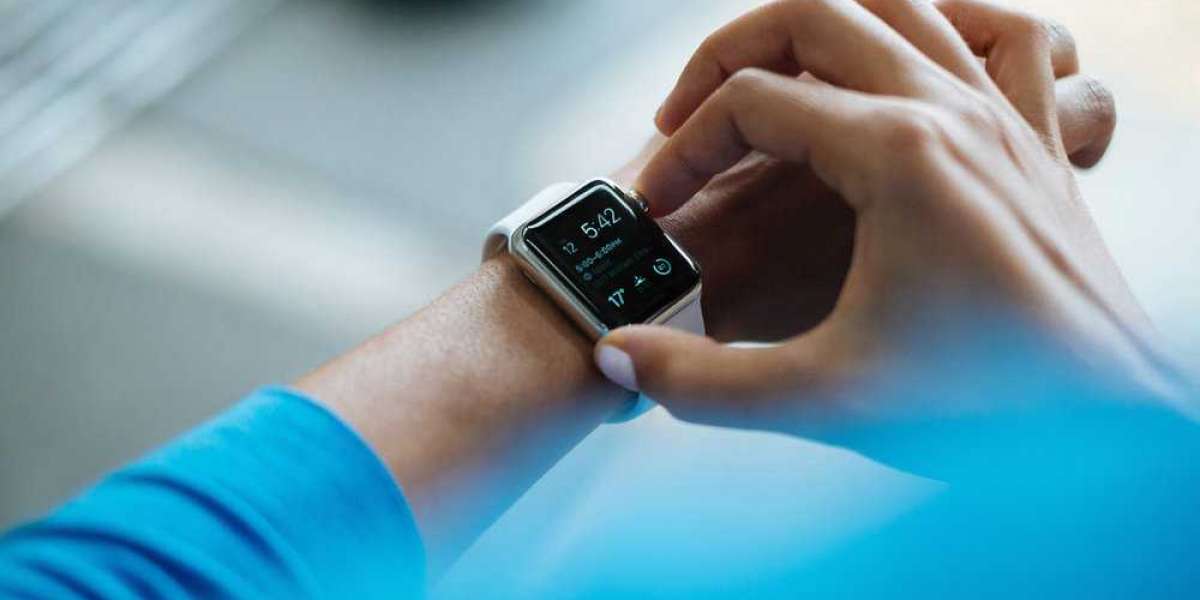Auto glass tinting offers more than just aesthetic appeal; it provides practical benefits that enhance both comfort and safety for vehicle owners. Auto glass tinting involves applying a thin, transparent film to the windows of a vehicle, which can significantly alter its appearance while serving functional purposes. This article explores the various advantages of auto glass tinting, from protecting against harmful UV rays to improving privacy and reducing interior heat.
Understanding Auto Glass Tinting
Auto glass tinting is a specialized process where a tinted film is carefully applied to the interior or exterior surface of automotive windows. This film is typically made from polyester and incorporates various technologies to achieve desired levels of tint darkness and heat rejection. The tinting process requires precision to ensure a seamless application that adheres to local regulations regarding tint darkness and visibility.
Benefits of Auto Glass Tinting
1. UV Protection and Interior Preservation
Auto glass tinting effectively blocks a significant portion of harmful ultraviolet (UV) rays from entering the vehicle. UV rays are known to cause damage to the interior surfaces of cars, including fading and cracking of upholstery, dashboard, and other components. By reducing UV exposure, tinted windows help preserve the interior of the vehicle, prolonging its aesthetic appeal and resale value.
2. Heat Rejection and Temperature Control
During hot weather conditions, vehicles with auto glass tinting experience reduced heat buildup inside the cabin. The tinted film acts as a barrier against solar heat by reflecting and absorbing a portion of the sun's infrared radiation. This thermal insulation not only improves passenger comfort but also decreases the workload on the vehicle's air conditioning system, contributing to fuel efficiency.
3. Glare Reduction and Enhanced Visibility
Tinted windows significantly reduce glare caused by direct sunlight and headlights from other vehicles, especially during dawn and dusk. By minimizing glare, auto glass tinting enhances driver visibility and reduces eye strain, promoting safer driving conditions. This benefit is particularly advantageous for long-distance drivers and those commuting during peak sunlight hours.
4. Enhanced Privacy and Security
The privacy of passengers and belongings is enhanced with auto glass tinting, as it limits the visibility of the vehicle's interior from the outside. This added privacy deters potential thieves who may be tempted by valuables left in plain sight. Moreover, in the event of an accident, the tinted film helps hold shattered glass together, reducing the risk of injury from flying debris.
Types of Tinting Options
1. Dyed Window Tinting
Dyed window tinting is a cost-effective option that uses multiple layers of dyed film to achieve the desired tint darkness. While it provides good UV protection and glare reduction, dyed tinting may fade over time and is less effective in heat rejection compared to other tinting technologies.
2. Metalized Window Tinting
Metalized window tinting incorporates metallic particles within the film layers to reflect heat and block UV rays effectively. This type of tinting offers superior heat rejection and durability, making it suitable for regions with intense sunlight. However, it may interfere with electronic signals like GPS and mobile phone reception.
3. Ceramic Window Tinting
Ceramic window tinting utilizes nano-ceramic technology to achieve high levels of heat rejection without using metal layers. This advanced technology allows for maximum visibility and clarity while maintaining superior UV protection and thermal insulation. Ceramic tinting is also scratch-resistant and does not interfere with electronic signals.
Maintenance and Care Tips
To maximize the benefits of auto glass tinting and ensure longevity, vehicle owners should adhere to proper maintenance practices:
- Regular Cleaning: Clean tinted windows with a soft microfiber cloth and mild, ammonia-free cleaner to avoid scratching the film.
- Avoid Abrasive Materials: Refrain from using abrasive materials or harsh chemicals that could damage the tinted surface.
- Professional Inspection: Periodically have the tinted windows inspected by professionals to detect any signs of peeling, bubbling, or discoloration that may require repair or replacement.
Legal Considerations and Regulations
Before opting for auto glass tinting, it's essential to familiarize oneself with local laws and regulations governing tint darkness, reflectivity levels, and permissible window coverage. Non-compliance with these regulations may result in fines or vehicle inspection failures, emphasizing the importance of choosing reputable tinting professionals who adhere to legal standards.
Conclusion
Auto glass tinting offers numerous advantages beyond its aesthetic appeal, ranging from UV protection and heat rejection to glare reduction and enhanced privacy. Whether for personal comfort, improved vehicle longevity, or enhanced safety and security, tinted windows provide a valuable investment for vehicle owners seeking to optimize their driving experience. By understanding the different tinting options available and adhering to maintenance guidelines, drivers can enjoy the benefits of auto glass tinting while ensuring compliance with regulatory requirements and preserving the value of their vehicles.












